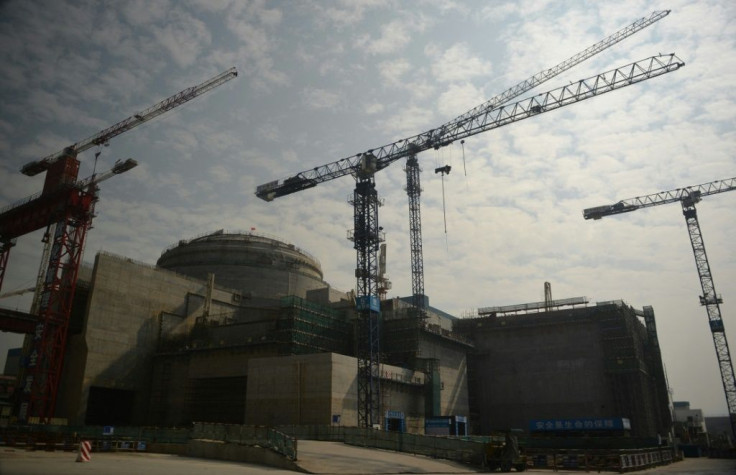Australia Issues New Offshore Gas Exploration Permits To Address Energy Gaps

Australia has issued new offshore gas exploration permits for its east and west coasts to address the potential energy gaps the nation may experience in the wake of its shift from coal-fired power, as it transitions toward net-zero carbon emissions.
Ten sites have been designated between South Australia, Victoria and Tasmania for carbon capture and storage (CCS) under the new initiative, which includes major players in the market such as Woodside Energy, Chevron, and ExxonMobil.
While the Albanese Government highlighted the importance of gas in stabilizing renewable energy and controlling peak demand, they faced challenges from some detractors, like Greenpeace Australia, who contend that CCS might hinder major advancements in emission reductions by increasing the consumption of fossil fuels.
"As ageing coal generation comes offline in coming years, gas will continue to be needed to firm renewable energy generation and as a backup during peak energy use periods," Resources Minister Madeleine King said in a statement to Reuters.
The permits came after Australia's competition authority warned of possible gas shortages on the east coast by 2027, which was a year earlier than expected. The latest move aims to secure adequate gas for domestic use, as Australia has historically exported most of its gas.
Samantha McCulloch, CEO of Australian Energy Producers, commended the resources minister's announcement.
Esso and Beach Energy are likely going to investigate the adjacent Sorrell Basin and the Otway Basin, which stretches from South Australia to Tasmania, ABC reported.
Furthermore, firms operating off the coast of West Australia were eligible for exploration permits issued by the federal government. The Australian government aims to attain 82% of the power for its domestic use from natural resources by 2030 and fulfill the pledge to attain net-zero emissions by 2050.
"As ageing coal generation comes offline in coming years, gas will continue to be needed to firm renewable energy generation and as a backup during peak energy-use periods," King said.
© Copyright 2025 IBTimes AU. All rights reserved.





















